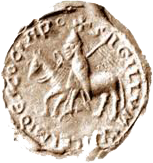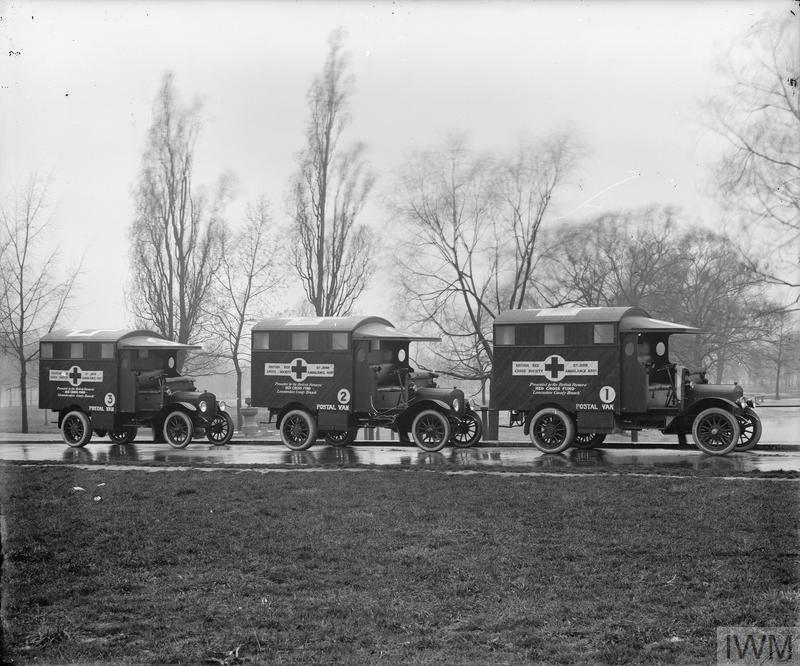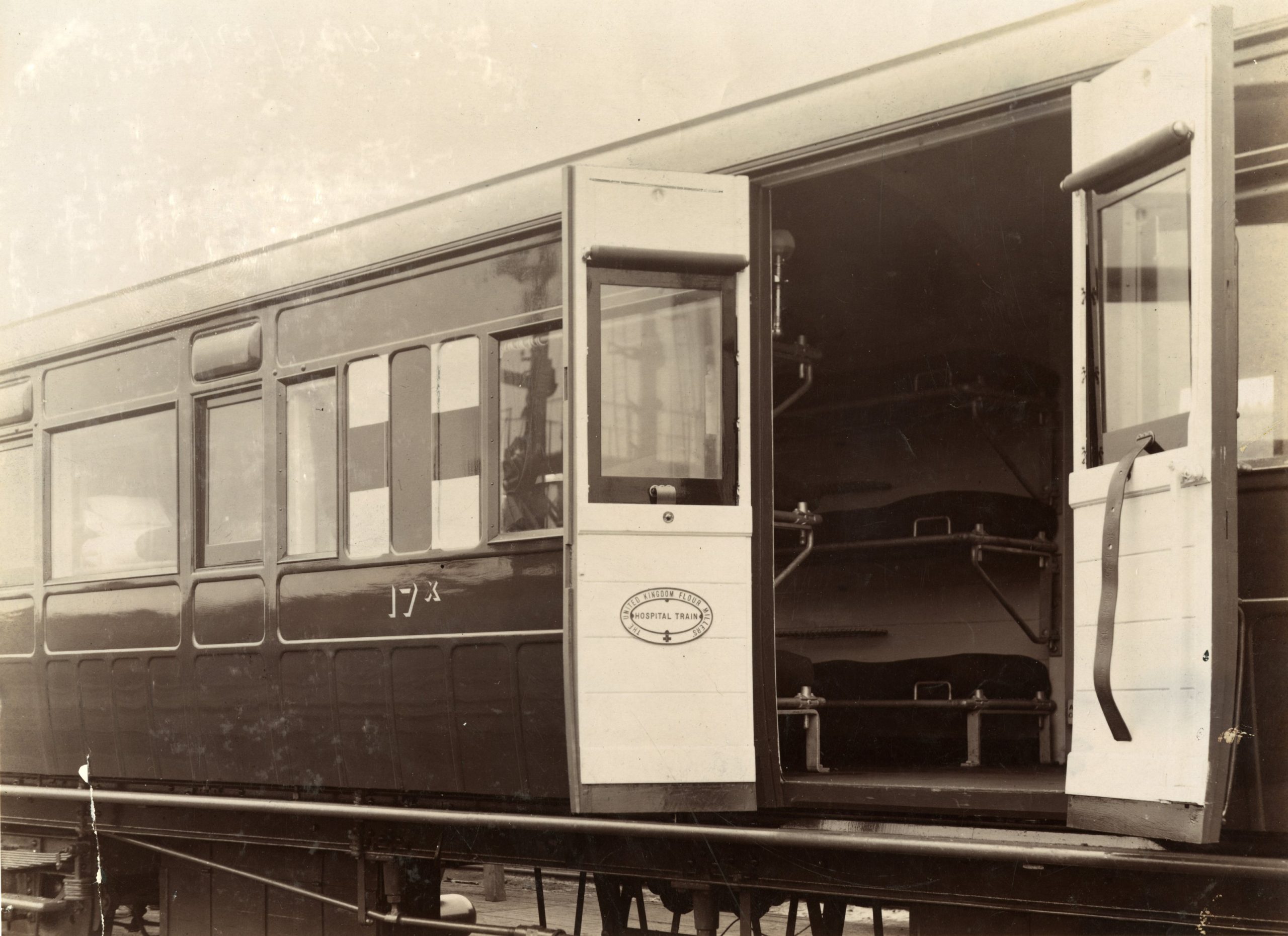An article to be published by the Mills Archive Trust blog, November 2020
Next year marks the one hundredth anniversary of the first Poppy Day, which was the initiative of a London flour miller. His name was Herbert Brown, the head of ‘Charlie Brown’s’ at Tower Bridge Flour Mills, and later a President of the National Association of British and Irish Millers (1922-1923).
In 1915 the ‘United Kingdom Flour Millers’ donated two hospital trains to the British Red Cross Society, numbers 16 and 17, for use behind the lines in France. Number 16 was staffed by the Friends’ Ambulance Unit, Quakers who were willing to help transport the wounded, but not fight in the war. Between August 1915 and January 1919 they transported over 150,000 patients.
Meanwhile, Herbert was raising an incredible amount of money for the ‘British Farmers’ Red Cross Fund’ at agricultural markets across the country. About 1,600 were held during the war and Herbert spoke at many of them. By 1918, through collections and sales of farm stock and other produce they had raised £1,057,000, the RPI equivalent being £46,440,000 today! The funds were spent buying more than 160 motor ambulances, cars and lorries for the British and French Red Cross societies, and the upkeep of three ambulance trains. ‘British Farmers Hospitals’ were set up in Egypt, Belgium, France and Serbia, as well as in England at the Star and Garter specialist hospital in Richmond, established by the Red Cross in 1916.
For this tremendous work, Herbert received a knighthood in 1920, but he was still raising funds in 1921. Then it was £250,000 for the French Red Cross to support 500 people re-establish themselves after the devastation of the war. He was one of the four founding members of the ‘Fondation Franco-Britannique de Sillery’, which continues that work to this day.
Herbert’s sister Alice ran ‘The Brown Hostel’ at Camiers, near Etaples, one of the ‘Red Triangle’ hostels provided by the YMCA at every Hospital Base in Northern France. There, dangerously wounded soldiers could spend their last few days with loved ones. For this sad work Alice received an OBE in 1918.


